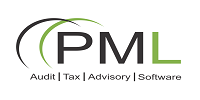Today’s small business operate within the fastest moving commercial environment in history. While startups are in their early stages, the demand for technology are typically relatively basic. However these needs can expand quickly as the business starts to get traction and founders ... Read More


